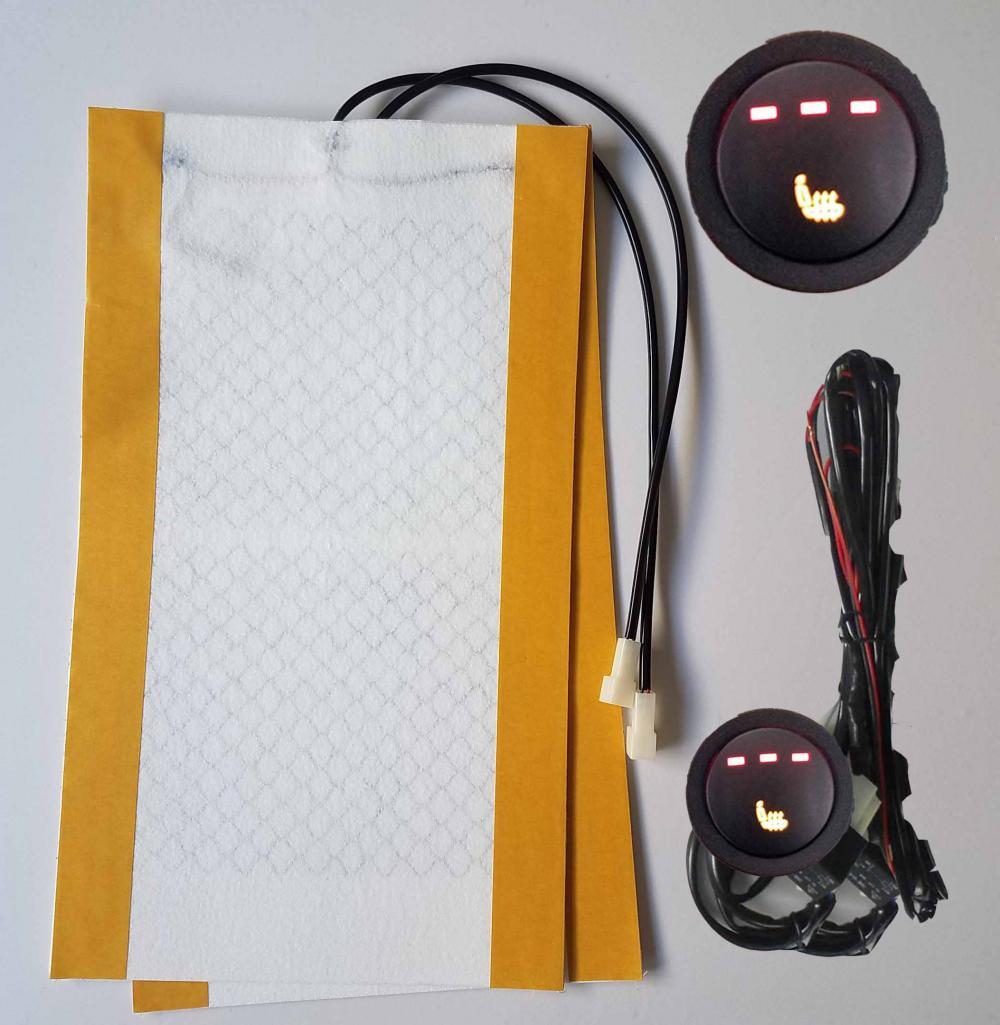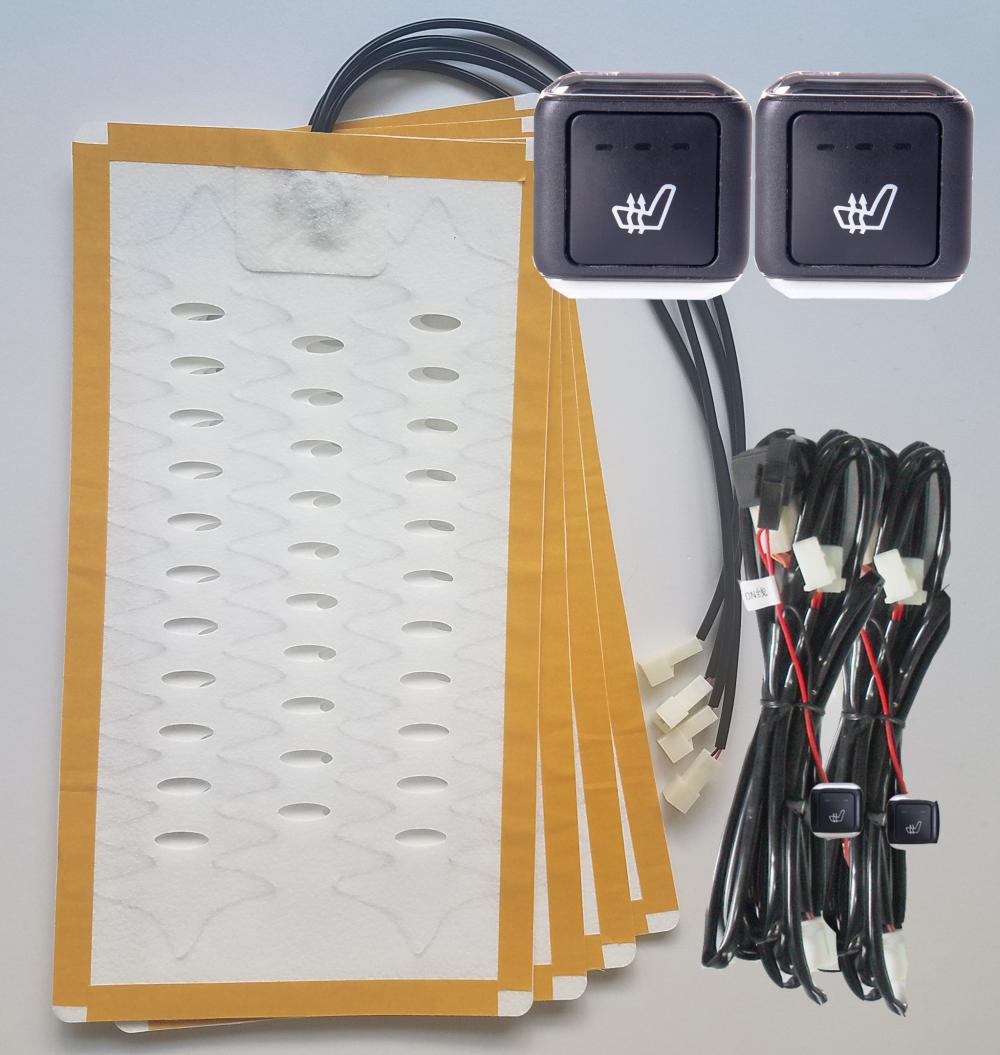"The outline of the standard for electric vehicles in China has been compiled into a booklet, a total of four volumes, and the time for publication and implementation has not yet been determined." A few days ago, an official from the Electric Vehicles Branch of the China Automobile Engineering Society revealed to reporters.
Industry insiders predict that China's auto electric vehicle standards will be announced at the end of this year or early next year and enter the implementation stage, paving the way for the promotion of electric vehicles in China.
In the new energy automobile market, whoever has mastered the standards will control the initiative of the future market. Therefore, on the eve of the announcement of China's electric vehicle standards, auto manufacturers, parts companies, and operators in the electric vehicle industry chain began to plague the development of standards for electric vehicles. The most intense competition is for powerful central and multinational companies.
State-owned Enterprises Participate in Standard Setting The promotion and industrialization of China's electric vehicles has been hampered by standardization. The standard outline of electric vehicles that has been completed recently will help the mass production of electric vehicles.
On October 12, an official from the Electric Vehicles Branch of the China Association of Automobile Engineers disclosed to reporters: “The outline of China’s electric vehicle is developed by the China Automotive Technology and Research Center and organized by domestic auto experts, large auto companies, and parts and components companies. The standards have been compiled into books."
Regarding the principle of standard setting, the official said that “the outline of the standard for electric vehicles in China is based on foreign electric vehicle standards. Some of the standards are not simple and consistent, and some that do not meet China’s actual conditions are modified to comply with Chinese standards.â€
There are six major standards for electric vehicles announced by the Electric Vehicles Subcommittee of the China Association of Automobile Engineers: 1. Four items for charging and interfaces; 2. Three items for motors and control systems; 3. Eight items for energy storage devices Fourth, the vehicle and related parts standards; Fifth, the relevant standards for electric vehicle energy supply system; Six, electric vehicle conductive charging interface.
"In addition to the six major items that have been announced, there are still three major items that have not been announced. There are nine major items in total," said an official from the Electric Vehicles Branch of the China Automobile Engineering Society. The source said, "Currently, the standard for the implementation of electric vehicles has not yet been determined."
It is understood that in the standard-setting process of electric vehicles, it is basically the participation of large-scale domestic enterprises in the formulation of standards, and there is no involvement of foreign-invested electric vehicle companies.
Some industry insiders expressed concern about the standard of China's electric vehicles, because China's electric vehicle parts system is relatively weak and cannot be compared with multinational parts companies in terms of product quality, R&D, etc. The official implementation of electric car standards cannot defend China's electric power. Automobile business voice right.
Recently, Lu Wei, Minister of Technology and Economy of the Development Research Center of the State Council, pointed out that at present, most electric vehicle manufacturers in China are assembly plants, and battery technology, material technology, and charging facilities are short boards. Therefore, there is no high-tech technical support for China's electric vehicle standards or a tool for foreign companies to enter.
Foreign companies join hands to compete against the central enterprises. "In the development of standards for electric vehicles, there are many associated foreign companies that have sought out our experts and would like to participate in the standard setting, but they can only express their opinions," said an official of the Electric Vehicles Branch of the China Automobile Engineering Society.
Analysts pointed out that most of the companies involved in the formulation of China's electric vehicle standards are domestic central state-owned or state-owned enterprises. In the experimental phase of electric vehicles, the central enterprises have assumed more roles for automobiles, parts and components, equipment systems, and operators. Basically, they are the electric vehicles of central enterprises. A member of the coalition.
Interestingly, in the Shanghai International Automobile City electric vehicle pilot area, electric vehicles can be charged on the charge piles of the central enterprises' charging operators, but they cannot be charged on GE's charging piles.
However, foreign auto companies do not want to lose control of the Chinese market in the future, and they will make early and strong alliances to compete with the central enterprises' electric vehicle industry alliance. On September 22, General Electric and General Motors signed a memorandum of cooperation, and the two parties will jointly promote the construction of electric vehicle infrastructure in China. According to General Electric, in order to promote the construction of electric vehicle infrastructure, GE will spend huge sums of money to purchase electric vehicles from automakers.
It is understood that General Motors is also studying the core technologies of electric vehicles. At the General Motors Forward-looking Technology Research Center in China, the reporter saw that the GM test area is undergoing many tests such as battery materials, battery durability, and heat resistance. Chairman of General Motors China, Gan Wenwei, revealed that "GM China Forward-looking Technology Research Center will be the most important research department of GM New Energy Vehicle."
Charging operator grasps key discourse rights: Prof. Ye Sheng, Deputy Director of Poussin Automotive Research, believes that “I don’t think that foreign companies have no chance of winning in China. On the contrary, I think that foreign-owned cars have a better chance of winning. They have a centennial accumulation in the automotive industry, and they’re in technology research and development. And the adjustment of market strategy is fast, and the development of electric vehicles is a marathon.â€
In addition, another non-negligible force is the charging operator. “The right to speak on the standard is in the hands of charging operators. Whether it is a product of a central or foreign company, it must be matched with the operator system.†Putian Offshore Oil New Energy Power Co., Ltd. (hereinafter referred to as Putian Offshore Oil) General Manager of Market Operation Qiu Jun told reporters.
It is precisely for this reason that Putian Offshore Oil, China Southern Power Grid and General Electric have entered the field of electric vehicle infrastructure to compete. Take Putianhai Oil and China Southern Power Grid as an example, both parties have had competition on the Shenzhen charging standard. “The first batch of taxis cannot be charged at the same time by two operators. Coordination by the Central SASAC can now be done.†Qiu said.
As the trial of electric vehicles is still in its initial stage, China's charging operators have been slow to grow. At present, Putian Offshore Oil and China Southern Power Grid have basically completed their layout in Shenzhen, with 57 charging piles and 62 charging piles respectively. Qiu Yu said, "At present, we are investigating some big cities. The situation is not very optimistic."
Industry insiders predict that China's auto electric vehicle standards will be announced at the end of this year or early next year and enter the implementation stage, paving the way for the promotion of electric vehicles in China.
In the new energy automobile market, whoever has mastered the standards will control the initiative of the future market. Therefore, on the eve of the announcement of China's electric vehicle standards, auto manufacturers, parts companies, and operators in the electric vehicle industry chain began to plague the development of standards for electric vehicles. The most intense competition is for powerful central and multinational companies.
State-owned Enterprises Participate in Standard Setting The promotion and industrialization of China's electric vehicles has been hampered by standardization. The standard outline of electric vehicles that has been completed recently will help the mass production of electric vehicles.
On October 12, an official from the Electric Vehicles Branch of the China Association of Automobile Engineers disclosed to reporters: “The outline of China’s electric vehicle is developed by the China Automotive Technology and Research Center and organized by domestic auto experts, large auto companies, and parts and components companies. The standards have been compiled into books."
Regarding the principle of standard setting, the official said that “the outline of the standard for electric vehicles in China is based on foreign electric vehicle standards. Some of the standards are not simple and consistent, and some that do not meet China’s actual conditions are modified to comply with Chinese standards.â€
There are six major standards for electric vehicles announced by the Electric Vehicles Subcommittee of the China Association of Automobile Engineers: 1. Four items for charging and interfaces; 2. Three items for motors and control systems; 3. Eight items for energy storage devices Fourth, the vehicle and related parts standards; Fifth, the relevant standards for electric vehicle energy supply system; Six, electric vehicle conductive charging interface.
"In addition to the six major items that have been announced, there are still three major items that have not been announced. There are nine major items in total," said an official from the Electric Vehicles Branch of the China Automobile Engineering Society. The source said, "Currently, the standard for the implementation of electric vehicles has not yet been determined."
It is understood that in the standard-setting process of electric vehicles, it is basically the participation of large-scale domestic enterprises in the formulation of standards, and there is no involvement of foreign-invested electric vehicle companies.
Some industry insiders expressed concern about the standard of China's electric vehicles, because China's electric vehicle parts system is relatively weak and cannot be compared with multinational parts companies in terms of product quality, R&D, etc. The official implementation of electric car standards cannot defend China's electric power. Automobile business voice right.
Recently, Lu Wei, Minister of Technology and Economy of the Development Research Center of the State Council, pointed out that at present, most electric vehicle manufacturers in China are assembly plants, and battery technology, material technology, and charging facilities are short boards. Therefore, there is no high-tech technical support for China's electric vehicle standards or a tool for foreign companies to enter.
Foreign companies join hands to compete against the central enterprises. "In the development of standards for electric vehicles, there are many associated foreign companies that have sought out our experts and would like to participate in the standard setting, but they can only express their opinions," said an official of the Electric Vehicles Branch of the China Automobile Engineering Society.
Analysts pointed out that most of the companies involved in the formulation of China's electric vehicle standards are domestic central state-owned or state-owned enterprises. In the experimental phase of electric vehicles, the central enterprises have assumed more roles for automobiles, parts and components, equipment systems, and operators. Basically, they are the electric vehicles of central enterprises. A member of the coalition.
Interestingly, in the Shanghai International Automobile City electric vehicle pilot area, electric vehicles can be charged on the charge piles of the central enterprises' charging operators, but they cannot be charged on GE's charging piles.
However, foreign auto companies do not want to lose control of the Chinese market in the future, and they will make early and strong alliances to compete with the central enterprises' electric vehicle industry alliance. On September 22, General Electric and General Motors signed a memorandum of cooperation, and the two parties will jointly promote the construction of electric vehicle infrastructure in China. According to General Electric, in order to promote the construction of electric vehicle infrastructure, GE will spend huge sums of money to purchase electric vehicles from automakers.
It is understood that General Motors is also studying the core technologies of electric vehicles. At the General Motors Forward-looking Technology Research Center in China, the reporter saw that the GM test area is undergoing many tests such as battery materials, battery durability, and heat resistance. Chairman of General Motors China, Gan Wenwei, revealed that "GM China Forward-looking Technology Research Center will be the most important research department of GM New Energy Vehicle."
Charging operator grasps key discourse rights: Prof. Ye Sheng, Deputy Director of Poussin Automotive Research, believes that “I don’t think that foreign companies have no chance of winning in China. On the contrary, I think that foreign-owned cars have a better chance of winning. They have a centennial accumulation in the automotive industry, and they’re in technology research and development. And the adjustment of market strategy is fast, and the development of electric vehicles is a marathon.â€
In addition, another non-negligible force is the charging operator. “The right to speak on the standard is in the hands of charging operators. Whether it is a product of a central or foreign company, it must be matched with the operator system.†Putian Offshore Oil New Energy Power Co., Ltd. (hereinafter referred to as Putian Offshore Oil) General Manager of Market Operation Qiu Jun told reporters.
It is precisely for this reason that Putian Offshore Oil, China Southern Power Grid and General Electric have entered the field of electric vehicle infrastructure to compete. Take Putianhai Oil and China Southern Power Grid as an example, both parties have had competition on the Shenzhen charging standard. “The first batch of taxis cannot be charged at the same time by two operators. Coordination by the Central SASAC can now be done.†Qiu said.
As the trial of electric vehicles is still in its initial stage, China's charging operators have been slow to grow. At present, Putian Offshore Oil and China Southern Power Grid have basically completed their layout in Shenzhen, with 57 charging piles and 62 charging piles respectively. Qiu Yu said, "At present, we are investigating some big cities. The situation is not very optimistic."
Designed from the best quality of fireproof material, this is a safe heated car seat that will suit your car.heated car seat that perfectly fits 12V DC car outputs. Second, to this,What is more, the car seat is elementary and quick to install as it comes with elastic straps to securely attach it.
That said, it has the best heating pads that will increase the temperature in just 2-3 minutes keeping the car warm. Lastly, it also has two small pockets that you can use for keeping smaller items.


Heated Seat,Baby Seat Heater,Seat Warmer Outdoor,Ventilation Seat Heater
JiLin Province Debang Auto Electric Co.,Ltd. , https://www.carseatheating.com
